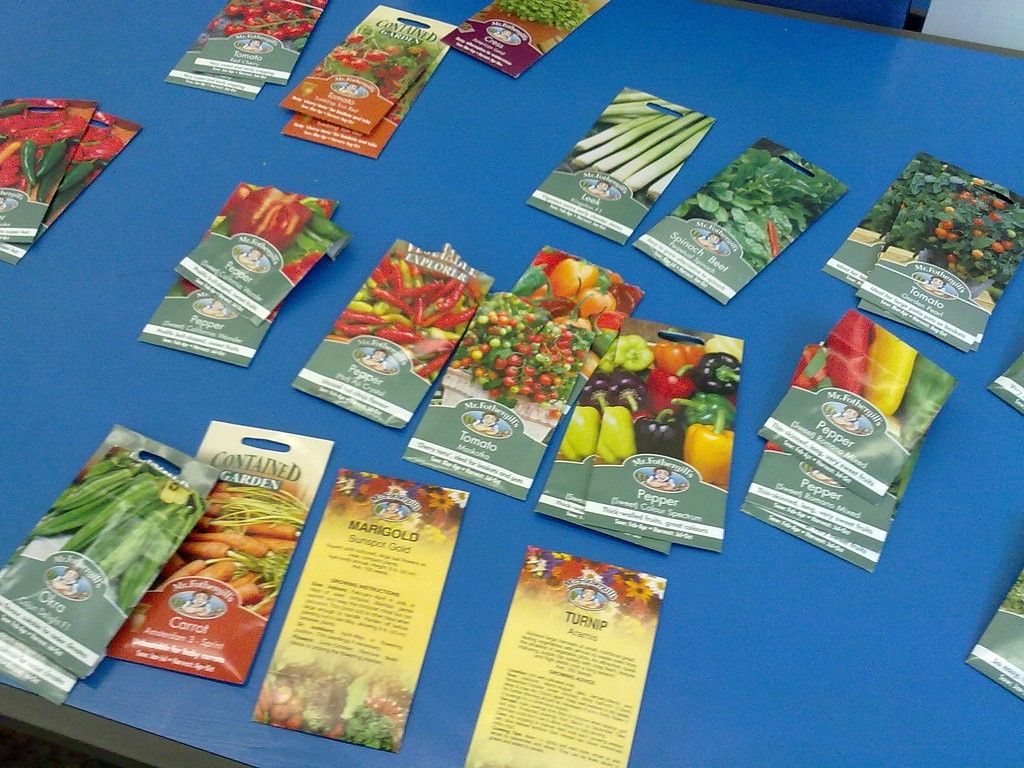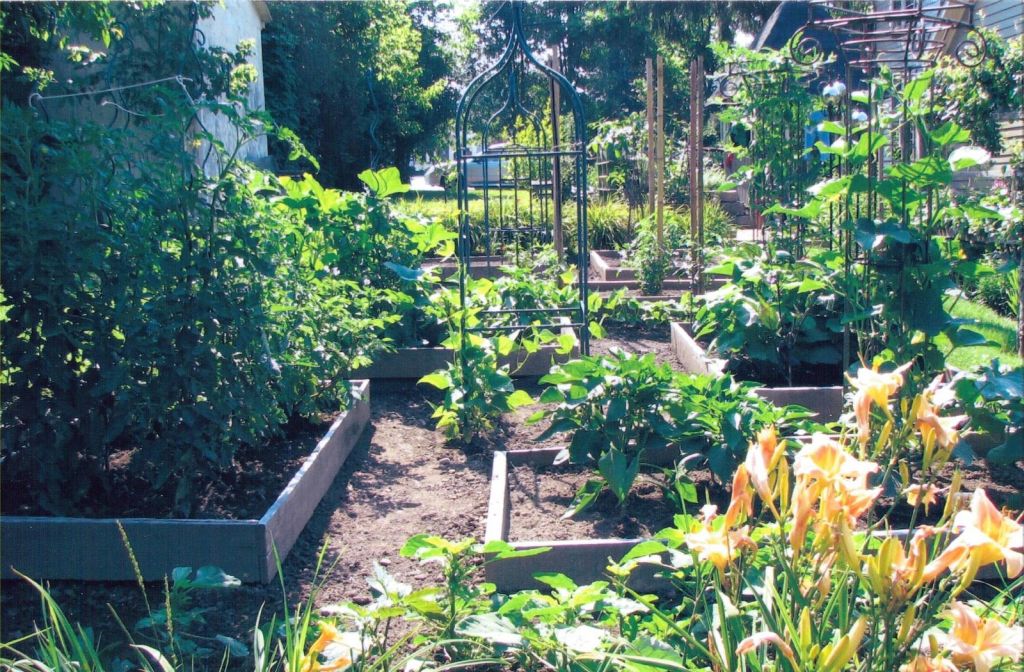|
If you are new to gardening, you can learn which seeds to grow (and how to grow them) by speaking with other gardeners in your area – or simply by taking a good look at their growing areas, as well as by reading books, and articles like this one. But when it comes down to it, it is also fine to experiment and take your own path. There are no hard and fast rules about what you should or should not grow in your garden – it is often best to take a 'suck it and see' approach, and try out various different options. You can learn from the mistakes you make, from which plants grow well and which turned out to be utter disasters, and will become a better gardener as a result. That said, there are certain things to consider when choosing seeds for your garden. These include: The Conditions Where You Live Try to choose seeds suited to where you live. For example, you probably should not try to grow carrots directly in unamended, rocky heavy clay soil and expect perfect, unbent and unblemished roots. Nor should you try to grow tropical plants without heating in a cold weather climate. Most of it is just common sense. The People You Are Growing For The people for whom you grow food are also an important consideration - if you and your family don't particularly like courgettes, or can't stand Brussels sprouts, for example – don't grow them. Consider your own personal needs, preferences and desires when deciding which seeds to order and which plants to grow. Hybrid or Heritage? Another thing to think about when choosing your seeds is whether you would prefer to go for hybrid or heritage varieties. Hybrid seeds can confer certain benefits. Often, they are more resistant to pests or disease. They can also be larger, or more hardy... but there is also a downside to growing hybrids – you cannot collect seeds from these plants, as the seed will not 'come true'. This means, if you plant seeds from a hybrid plant, there is no telling what you are going to get. The result might not even be edible. Using heritage seeds, on the other hand, allows gardeners to collect their own seed for use the following year. This can save you money, as well as helping you to create plants that are better suited to the specific conditions in which you are growing them. They will also help you to become more self-reliant and to create a garden that is sustainable and can endure for years to come. Annual or Perennial? Or Both? Perennial crops come back year after year, annuals must be sown each year. Perennial gardens take less effort to tend, though you may want to grow some of your favourite annual vegetables too. While you will most likely want to grow at least some annual vegetables, which are usually the produce types that we eat include regularly in our diets, those who are short on time and energy, or simply want to have an easier time of things in their polytunnel, might want to consider growing at least some edible perennials to provide food for many years for far less investment in time and energy.
0 Comments
Leave a Reply. |
GROW ORGANIC!
|
|



 RSS Feed
RSS Feed




